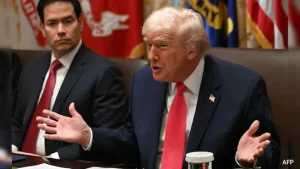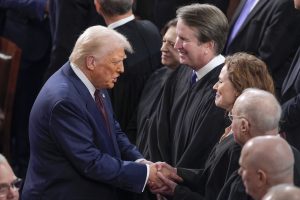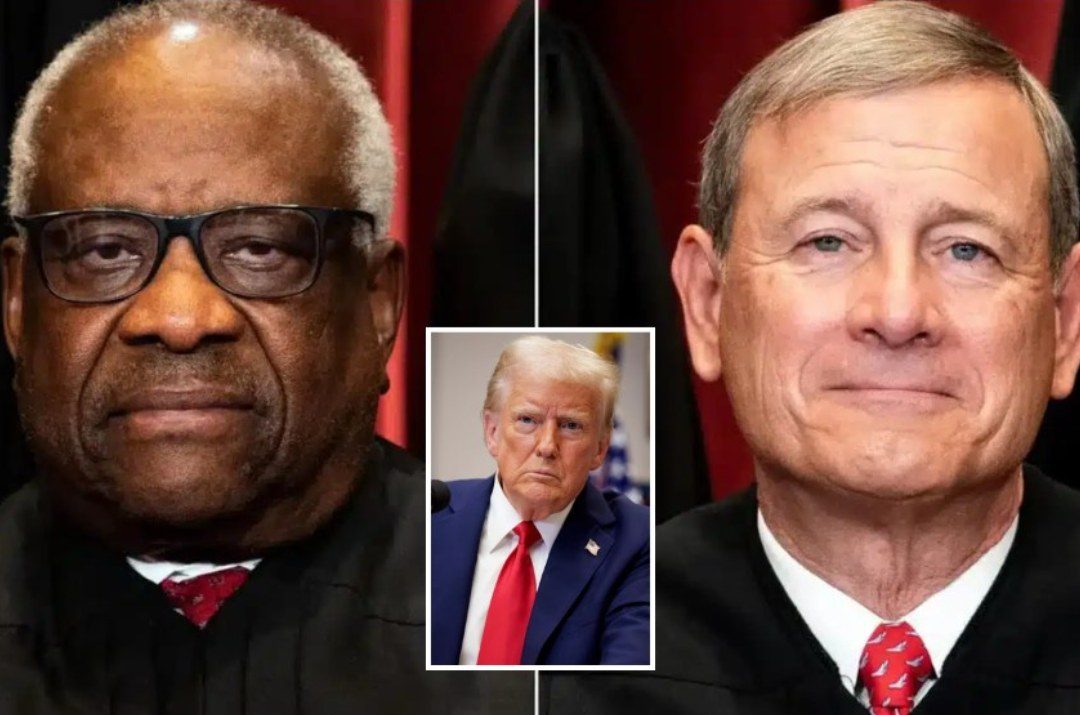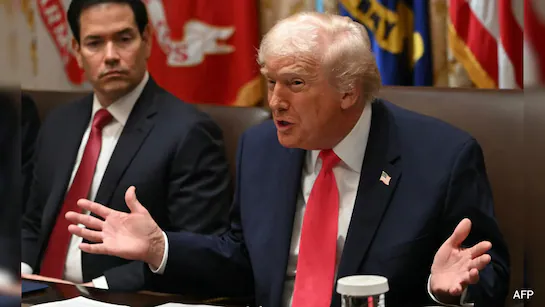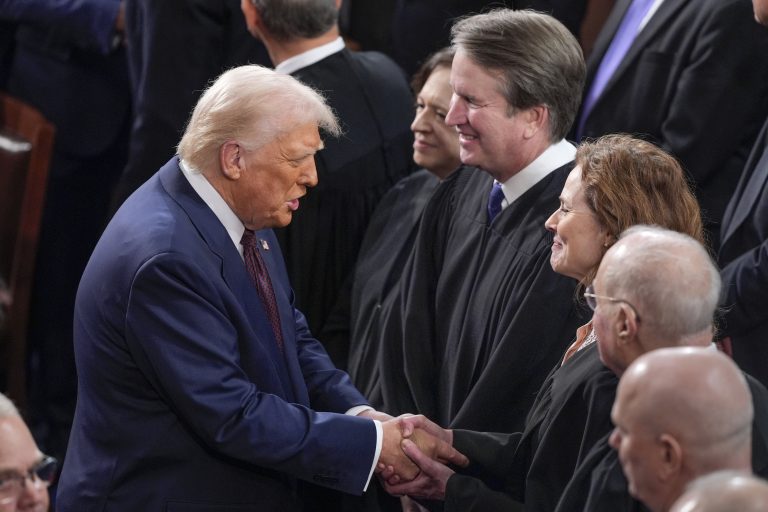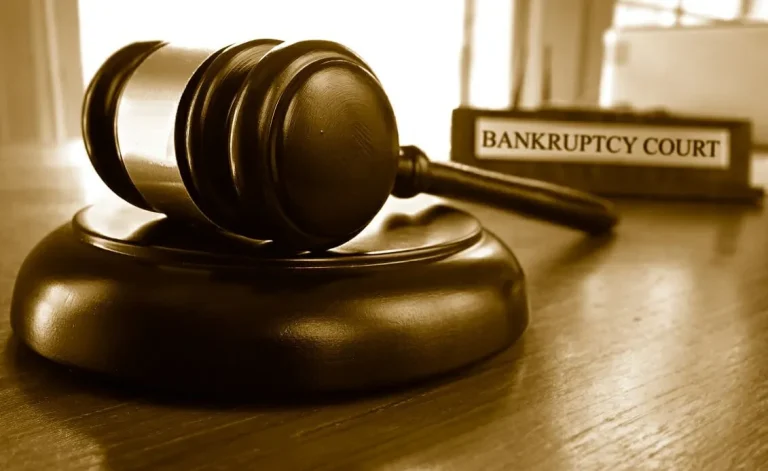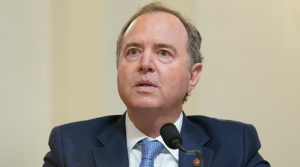NOTE: VIDEO AT THE END OF ARTICLE
In a stunning late-night decision, the U.S. Supreme Court issued an emergency administrative stay to temporarily block a federal judge’s order that would have forced the U.S. government to bring back a deported MS-13 gang member from a maximum-security prison in El Salvador. The move represents a major victory for the Trump administration and underscores the intensifying legal battle over judicial authority, national sovereignty, and foreign policy enforcement.
The Case at the Center: Kilmar Armando Abrego Garcia
At the heart of this legal showdown is Kilmar Armando Abrego Garcia, a Salvadoran national with documented ties to MS-13 — one of the most violent transnational criminal organizations operating in the Western Hemisphere. Abrego Garcia was previously granted limited immigration relief in 2019 when a U.S. court issued a “withholding of removal” to El Salvador due to concerns about potential torture or persecution.
However, the Trump administration contended that this protection was rendered void earlier this year after MS-13 was officially designated as a foreign terrorist organization (FTO). The Department of Justice described Abrego Garcia as a “verified member of MS-13,” citing credible law enforcement intelligence and an immigration judge’s determination backed by “a past, proven, and reliable source of information.”
The Judicial Order That Sparked the Clash
U.S. District Judge Paula Xinis issued a controversial order requiring the Trump administration to “facilitate and ensure the return” of Abrego Garcia to U.S. soil by 11:59 p.m. on April 7, 2025. The judge’s ruling effectively demanded that the administration negotiate with the government of El Salvador — where Abrego Garcia is currently incarcerated — to have him returned under a court-imposed timeline.
The decision sent shockwaves through Washington and ignited fierce backlash from the White House and legal scholars, who called the ruling an “unconstitutional overreach” by the judiciary into the executive branch’s foreign affairs powers.
Supreme Court Intervenes to Preserve Executive Authority
Chief Justice John Roberts responded to an emergency application filed by U.S. Solicitor General D. John Sauer by issuing an administrative stay that pauses the lower court’s order while the Supreme Court reviews the case more fully.
In his appeal, Solicitor General Sauer argued that Judge Xinis had “usurped the executive’s exclusive role in foreign policy and national security,” especially in a matter involving a foreign national held by another sovereign country. He warned that allowing the order to stand would set a dangerous precedent whereby federal district judges could effectively force the U.S. government to engage in international negotiations under judicial threat.
“This ruling obligates the United States to convince El Salvador to release a Salvadoran national from Salvadoran custody within a court-imposed deadline,” Sauer wrote. “This is a stunning expansion of judicial power — one that the Constitution clearly prohibits.”
Trump Admin Draws the Line: No Return for Terror-Linked Foreign Nationals
The Trump administration has made it clear that it considers the reinstatement of deported MS-13 members to U.S. soil as a red line in its immigration and national security policy. President Trump’s designation of MS-13 as a foreign terrorist organization earlier this year gave federal authorities expanded tools to deny relief and expedite removals of individuals with documented gang affiliations.
“When you’re dealing with international terrorists like MS-13, our first obligation is to protect the American people — not to comply with activist judges trying to rewrite the Constitution,” a senior DHS official told LifeZette News under condition of anonymity.
“This gang has murdered, raped, and tortured countless innocents across the U.S. and Central America. We will not allow judicial fiat to bring them back into our cities.”
Legal Experts React: A Constitutional Showdown
Legal analysts across the spectrum are calling the case a potential landmark for defining the limits of judicial power in matters of foreign diplomacy.
Constitutional attorney Mike Howell from The Heritage Foundation stated:
“This is one of the clearest examples of judicial overreach in recent memory. The courts do not have the authority to dictate diplomatic relations or compel the President to take international actions. This is what separation of powers was meant to guard against.”
Meanwhile, progressive legal scholars argue that the judge was merely attempting to ensure due process for someone who was granted prior immigration relief and that the executive branch must still comply with the rule of law.
However, even some left-leaning commentators have conceded that the court order was “highly unusual” and likely to be overturned.
Broader Implications: Executive Power, Border Security & the 2024 Legacy
The case has ignited renewed debate over immigration policy and executive authority — both cornerstones of President Trump’s 2024 re-election platform and ongoing second-term agenda.
By challenging the return of a known gang member tied to a designated terrorist organization, the Trump administration is signaling a more aggressive approach to border enforcement and national security — and drawing a clear line in the sand regarding foreign interference in judicial decisions.
“This administration was elected to restore American strength and security,” said Senator Bernie Moreno (R-OH), who recently defended Trump from media attacks. “We cannot allow activist judges to override the will of the people and bring back violent gang members just because they feel like it.”
What Happens Next?
With the Supreme Court issuing a temporary stay, the legal fate of Abrego Garcia now hangs in the balance. The high court may choose to issue a full ruling on the merits or remand the case to a lower court with specific guidelines.
In the meantime, Abrego Garcia remains in El Salvador under detention, and the Trump administration has made it clear it will not negotiate for his return.
Public Reactions
Online reactions have been overwhelmingly in favor of the Supreme Court’s intervention.
Patriotic groups and immigration reform advocates applauded the decision, while civil rights organizations expressed concern over what they perceive as executive overreach.
However, most Americans polled in recent surveys continue to support strong action against criminal gangs like MS-13 and believe that the judiciary should not be dictating foreign policy.
Final Thoughts: A Defining Moment in the Immigration Battle
The Supreme Court’s intervention in the Abrego Garcia case marks a critical moment in the ongoing tug-of-war between the judicial and executive branches. It also reinforces the Trump administration’s hardline immigration stance and its broader effort to redefine the role of courts in matters that intersect with national security.
As the full legal battle unfolds, one thing is clear: The American people are watching — and they are demanding both justice and protection.
https://www.youtube.com/watch?v=E2zx70btzrY

Sarah Mitchell is a bestselling novelist recognized for her insightful and emotionally resonant stories that explore the complexities of human relationships. Originally from Denver, Colorado, Sarah grew up in a family of teachers who nurtured her curiosity and love for storytelling. She studied psychology at Stanford University, where she became fascinated by the intricacies of human behavior—an interest that would later shape her writing career. Sarah’s novels are praised for their nuanced characters, intricate plots, and ability to capture the subtle tensions that define love, friendship, and family ties. Her breakthrough novel, The Spaces Between Us, became an instant bestseller, lauded for its honest portrayal of strained family relationships and the fragile bonds that hold people together. Since then, she has published several works that continue to captivate audiences around the world. Outside of her writing career, Sarah is passionate about mental health advocacy and often partners with organizations to promote awareness and support for those struggling with emotional well-being. Her personal life is quieter—she enjoys hiking in the Colorado mountains, practicing yoga, and spending time with close friends. With each new book, Sarah Mitchell cements her reputation as a writer who illuminates the beauty and struggles of human connection.
